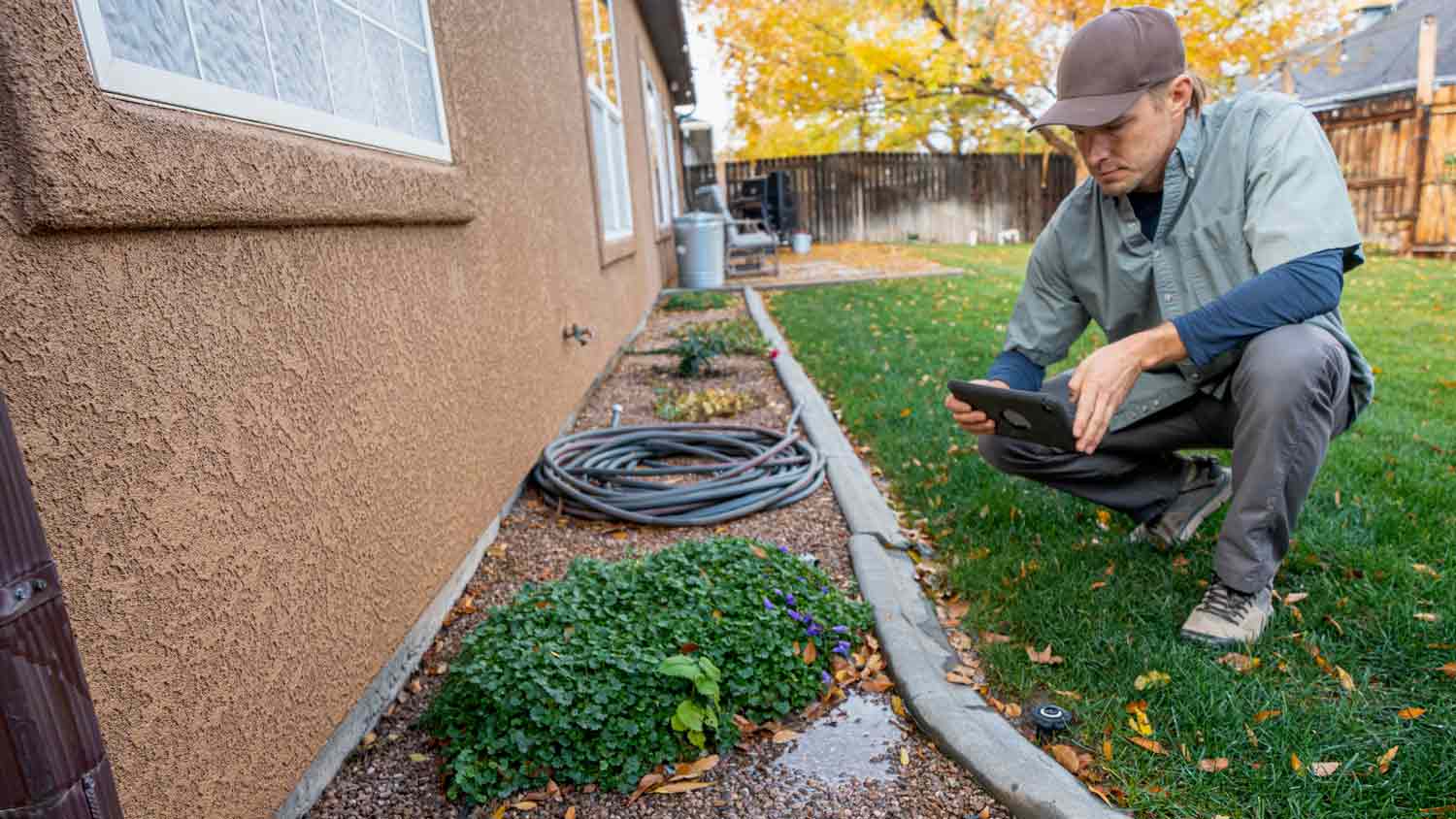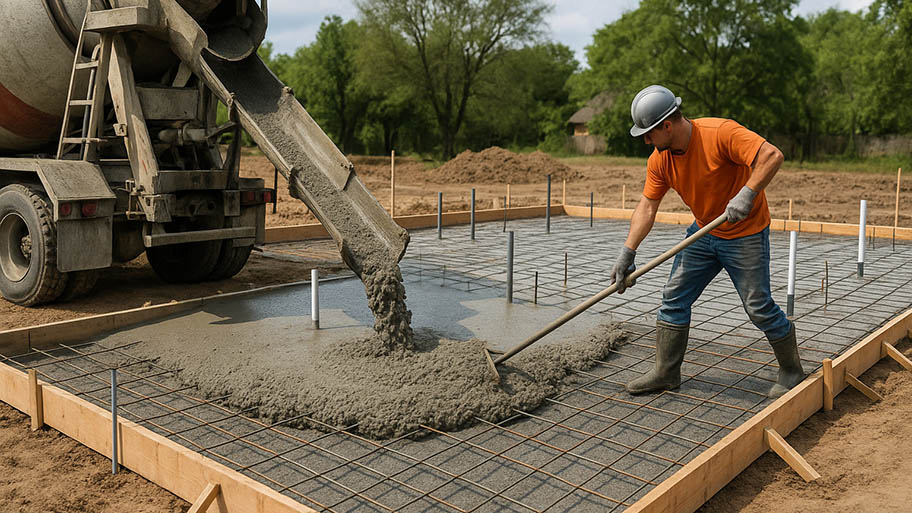
When a sill plate begins to crumble, it needs to be replaced ASAP. But how much does sill plate replacement cost? Here's what you need to know.
Call a structural engineer to inspect your house’s foundation


You may take your foundation for granted as it has provided a steady base for your home for decades, but neglecting this fundamental component of your home can have catastrophic consequences. Hiring a structural engineer to inspect your foundation when you suspect damage—or even as a proactive measure—can alert you to small issues that can turn into big problems. Learn why it’s a good idea to hire a structural engineer for a foundation inspection.
A local structural engineer has the knowledge and training to assess your foundation for existing or potential problems. These professionals can determine the foundation’s ability to withstand the pressure of the house and identify any conditions or factors that affect your foundation’s structural integrity.
A structural engineer doesn’t perform repairs, only recommends what repairs are needed. They are unbiased and have no conflict of interest when it comes to foundation repair work, so they won’t recommend unnecessary work.
When you hire a structural engineer to inspect your foundation, you can also be confident that their recommendations will stand the test of time. These experts specialize in structural integrity for the life of a building, so you’ll receive advice for long-term solutions rather than just quick fixes.
If you want to be proactive in keeping your foundation in good condition, you can perform a foundation inspection to check for any visible signs of damage or areas of concern. If you find anything out of the ordinary, follow up with a structural engineer for a more thorough inspection to pinpoint the problem.
While performing a visual foundation inspection, don’t forget your crawl space. These areas can show signs of damage or moisture problems before they’re visible in your foundation. Using a crawl space inspection checklist will let you know what to look for and when to call in a pro.
Look for signs like cracks in the walls, floors, or foundation itself, doors and windows that stick or don’t close properly, and uneven floors. If you see any of these, it’s time for a professional inspection. While you can do a basic visual inspection yourself, significant findings should always be checked by a professional to assess the extent of any issues.

Home inspectors assess the condition of your entire home, including the roof, foundation, walls, and floors. They can identify existing damage or potential problems and suggest following up with an appropriate professional but don’t have a structural engineer’s additional technical expertise and training in foundation problems and how to fix them.
A home inspector can inspect your crawl space and foundation for general problems, but for serious foundation issues, a structural engineer will be able to give a more comprehensive report and recommendations.
A structural engineer foundation inspection consists of three parts:
Pre-inspection discussion: You’ll meet with the structural engineer and let them know about any signs of damage you’ve noticed or any concerns about your foundation.
Inspection: The structural engineer will inspect your foundation, looking for signs of damage, settling, sinking, or previous foundation repair.
Post-inspection report: Once the inspection is complete, the structural engineer will provide you with a written report that includes their findings and recommendations.
From average costs to expert advice, get all the answers you need to get your job done.

When a sill plate begins to crumble, it needs to be replaced ASAP. But how much does sill plate replacement cost? Here's what you need to know.

A foundation for a new-build home averages around $11,000. Find out all the factors that affect the cost of a foundation and how to save money.

A bowing basement wall needs immediate repair. Learn how much it costs to repair a bowing basement wall and what factors can affect the final price tag.

Foundation cracks can be a sign of serious foundation damage. Learn what causes foundation cracks and when you should call a pro.

A house’s history of foundation repairs doesn’t always mean you shouldn’t buy it. Learn what to consider when purchasing a house with an unstable past.

Keep your home’s crawl space in good condition to prevent pests, moisture problems, and structural damage. Use this checklist to guide your inspection.